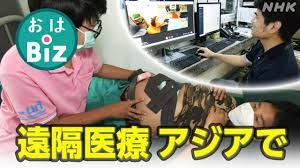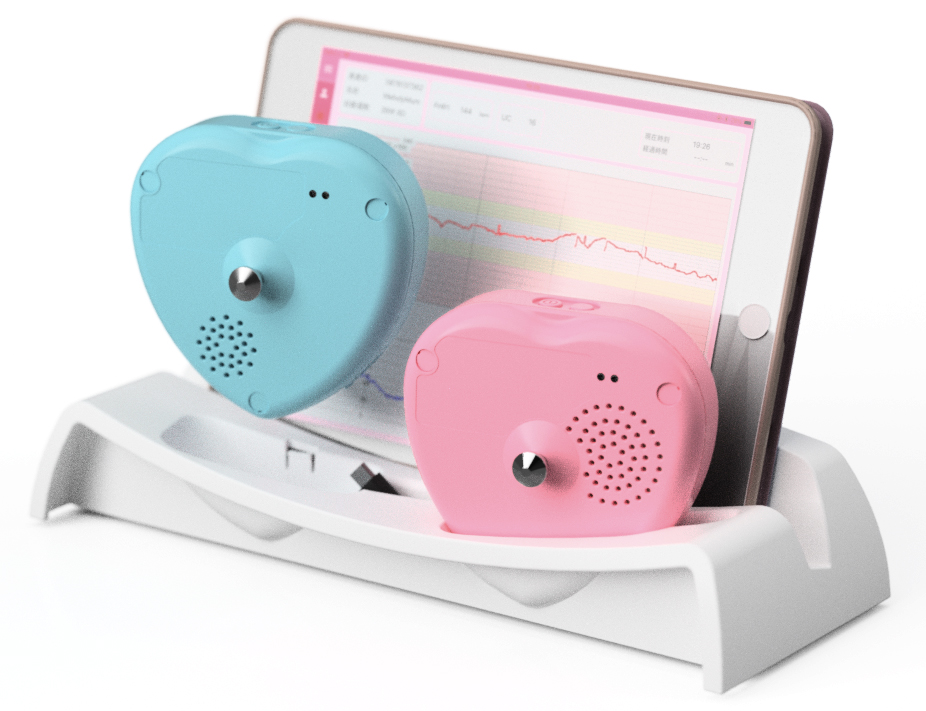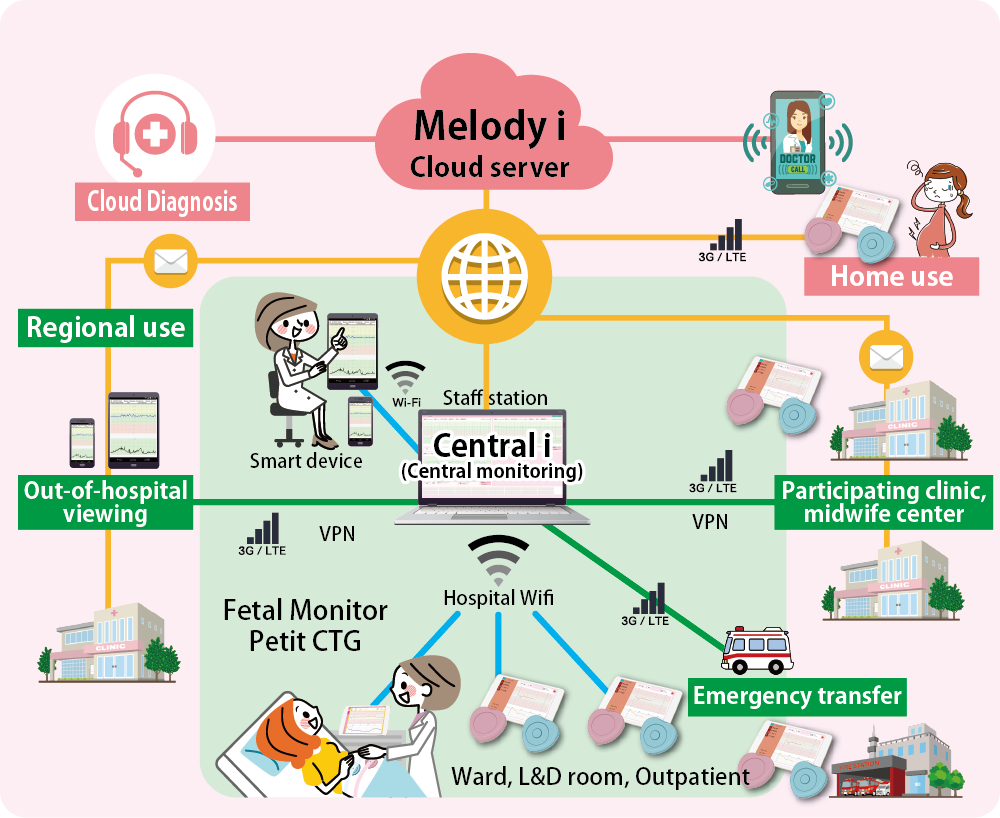
泰國:遠距醫療系統開始運行
-遠端對孕婦進行定期體檢
-「智慧救護車」遠距診斷
我們將為您提供 NHK 上發表的文章摘要。

Remote medical check-up for pregnant women in Thailand:
A clinic located in Chiang Rai, a mountainous area in northern Thailand. There are no doctors on site and only two nurses.
The maternal mortality rate is seven times that of Japan. The neonatal mortality rate is six times that of Japan (according to UNICEF).
Japan’s remote medical examination system:
In 2022, the clinic will install remote medical equipment for prenatal checkups.
This device is placed on a pregnant woman’s tummy to collect detailed data on the tension and fetal heartbeat.

Data collection such as fetal heartbeat:
A communication app transfers data to a base hospital 40 kilometers away.
Hospital doctor advises:
Telephone the local nurse at the clinic with medical checkup results and advice on childbirth.
Regular checkups can help you quickly address the risk of premature birth.
A Japanese development company is holding a training session in Thailand.
https://www3.nhk.or.jp/news/contents/ohabiz/articles/2023_1116.html

Wearable Fetal Monitor “iCTG”:
– Cloud-type Mobile wireless fetal monitor You can use it anywhere, at any time.
a small and smart Monitor :
a small and smart, wireless fetal monitoring device, able to assist doctor’s tough situations swiftly.
The system comprises of a fetal heart monitor, a uterine contraction monitor, and a tablet.
It has a built-in speaker in the transducer, so it can also be used as a fetal doppler.
Maternal and fetal conditions can be checked via the internet even at distant locations.

Registered with Thai FDA , US FDA :
Fetal Monitor “iCTG” was certified by PMDA in Japan and registered with Thai FDA.
US FDA will be obtained by mid of 2022.
CE mark and Saudi Arabia FDA are preparing for certification.

“Smart ambulance” running in Bangkok:
A “smart ambulance” allows you to communicate with doctors remotely.
The in-vehicle camera will share patient footage with hospital specialists via 5G.

Instruct treatment remotely:
Cameras inside the ambulance share images with doctors in real time.
Even before a patient arrives, the destination hospital can give instructions to emergency services remotely.

Emergency medical training:
Bangkok has a lot of traffic jams and travel time is long. If treated in the car, it can help save a patient’s life.
In the future, we would like to increase the number of smart ambulances and cover the entire region.